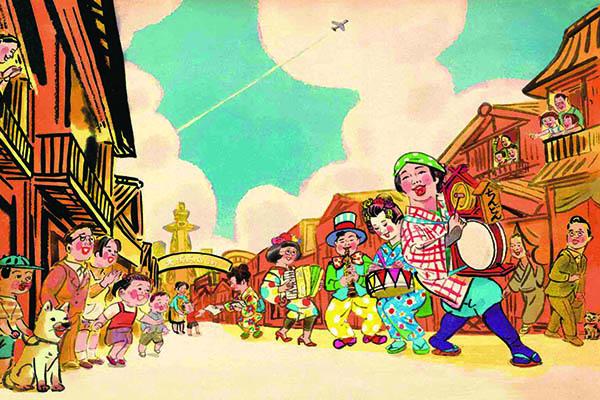
The Institute for Japanese Studies presents:
"Hired to be Overheard: Resonances of Chindon-ya on the Streets of Osaka'"
Marié Abe
Boston University
Flyer: Abe Flyer [PDF]
Abstract: Chindon-ya, dating back to the 1840s, are ostentatiously costumed street musicians who publicize a business by parading through neighborhood streets in Japan. Against the background of long-term economic downturn, growing social precarity, and nuclear anxiety, Abe’s recently published book investigates how this seemingly outdated means of advertisement has recently gained traction as an aesthetic, economic, and political practice after decades of inactivity. Drawing on the book, this presentation will address the central analytic hibiki (resonance), which highlights the processes in which chindon-ya’s sound is designed to elicit an affective response from a listener who simply “overhears” chindon-ya in public spaces. By examining the distinct mode of listening and sounding cultivated by chindon-ya, Abe will explore how ethnographic attention to the locally grounded form of audition reveals the limits of Western conceptions of listening that have normalized the way we think about the relationship between sound, space, history, and listening subjects.
